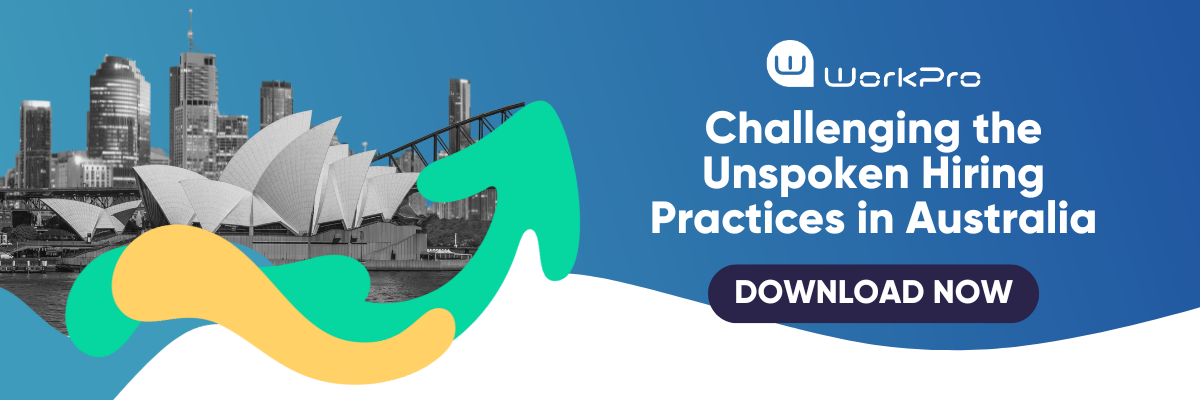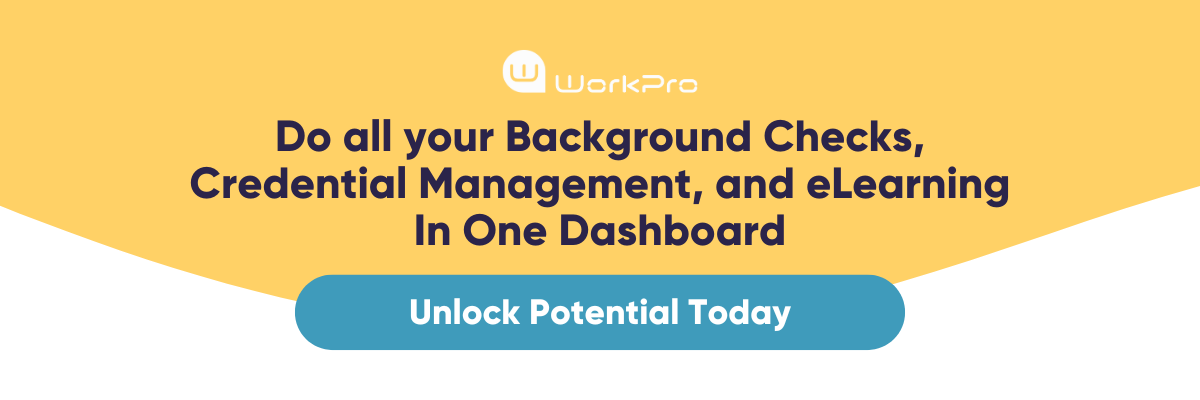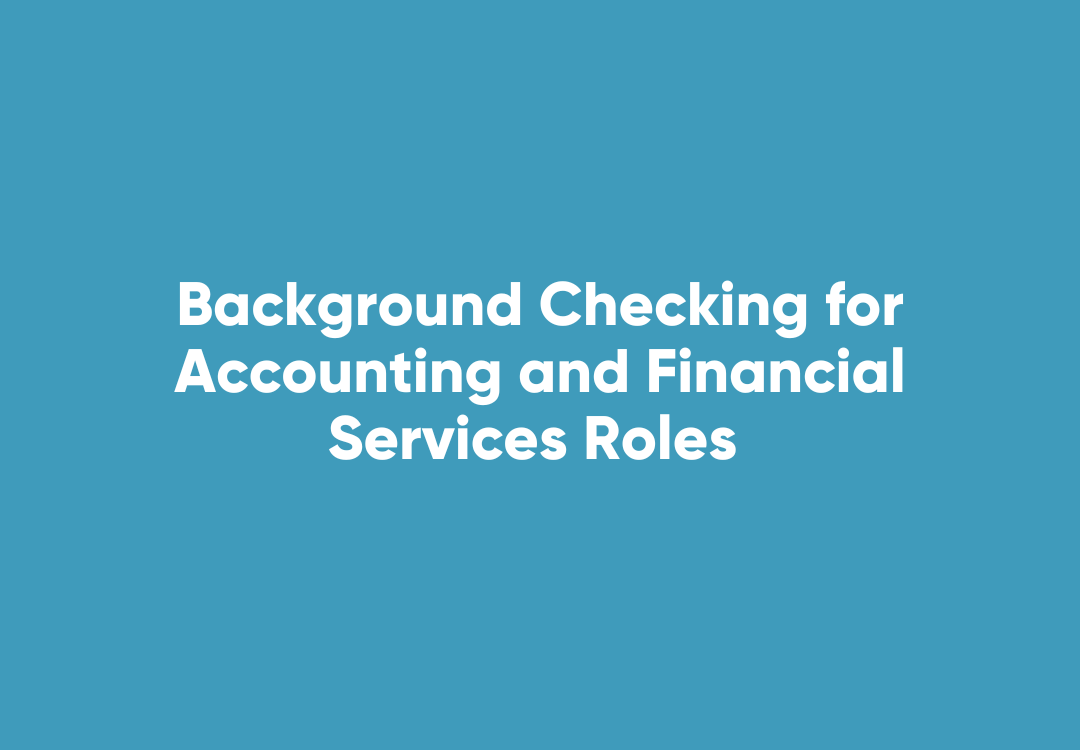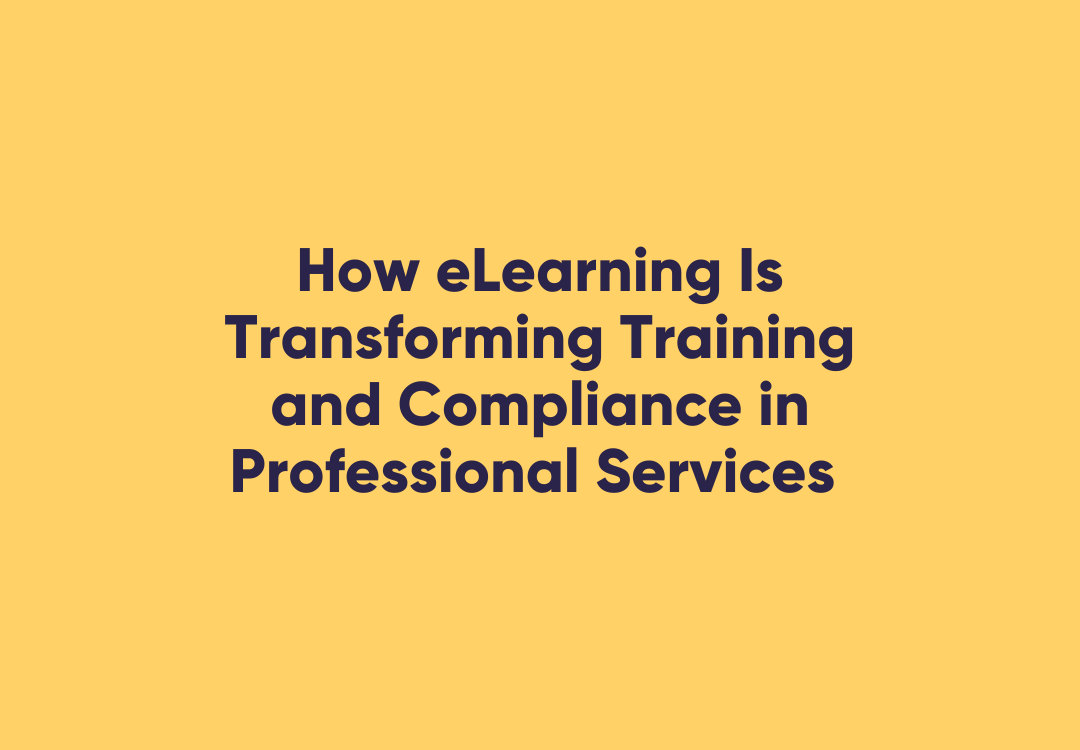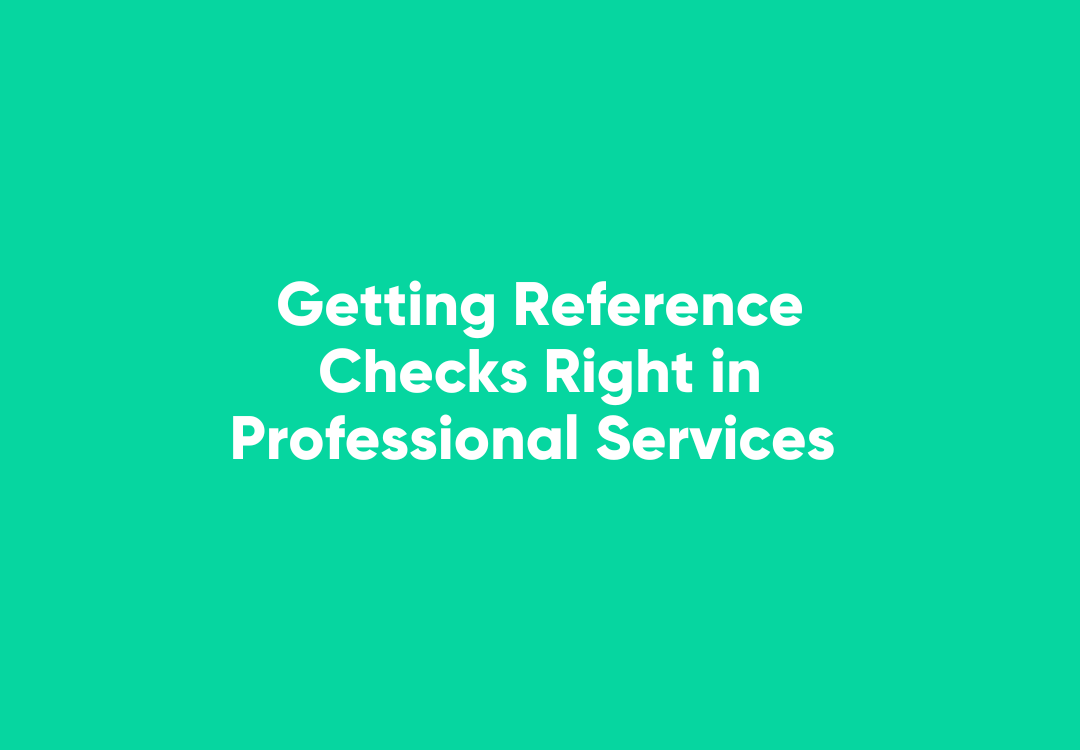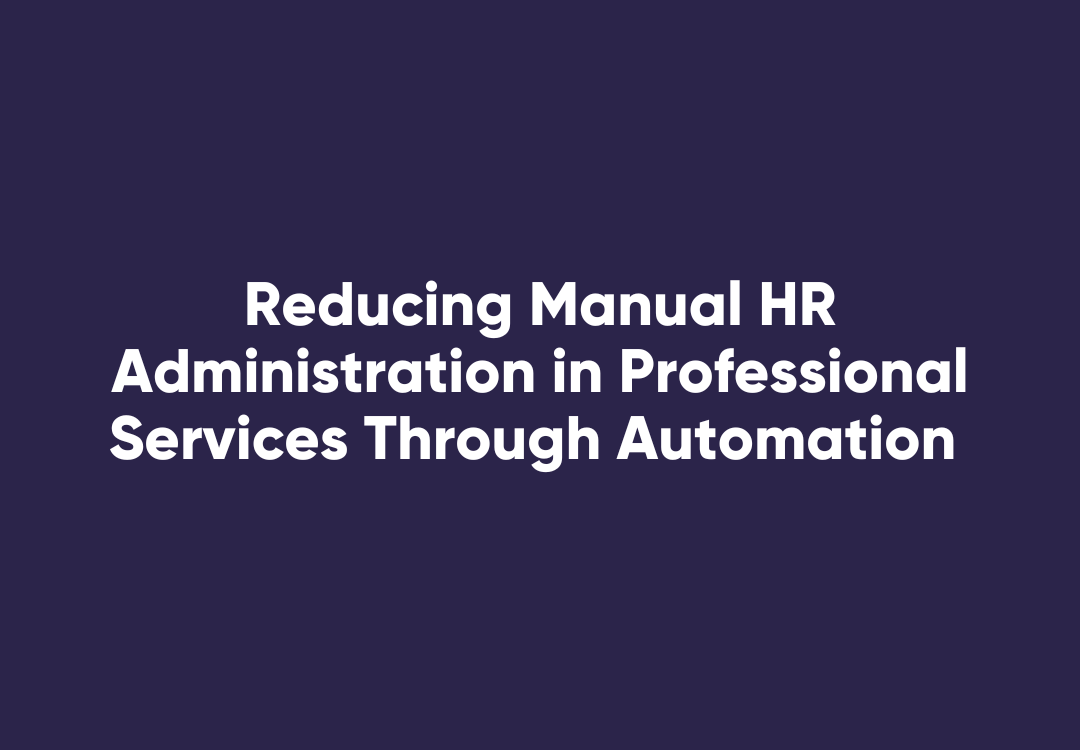Unlocking Talent: Addressing Hiring Barriers in Australia
Australia is grappling with a significant talent shortage. In 2023, 36% of assessed occupations were identified as being in shortage, marking a 5% increase from the previous year. Despite this, many qualified job seekers struggle to secure employment, often due to systemic barriers in the hiring process.
A recent survey of over 2,000 Australian job seekers revealed recurring obstacles: the demand for "local experience," challenges in recognising overseas qualifications, and biases based on CV presentation. These issues not only hinder candidates but also prevent employers from accessing a diverse and capable talent pool.
This blog delves into the findings of our latest whitepaper, highlighting the disconnect between Australia's talent needs and current hiring practices, and proposes actionable steps to bridge this gap.
What is Hindering Australia's Talent Utilisation?
Australia faces a paradox: a significant portion of occupations are in shortage, yet many qualified individuals remain unemployed or underemployed. This discrepancy stems from entrenched hiring practices that prioritise familiarity over capability, often sidelining candidates with diverse backgrounds and experiences.
The Barriers Candidates Face and Why They Matter
Our research identified several pervasive barriers affecting job seekers across various demographics:
1. The "Local Experience" Loop
Many migrants, especially those in Australia for under two years, are frequently told they lack the requisite "local experience." This creates a catch-22 situation where they cannot gain local experience without first being employed.
2. Unrecognised Qualifications
Approximately 25% of Australian-born respondents reported that their qualifications weren't accepted by employers. This issue isn't confined to migrants; it reflects a broader challenge where unfamiliar educational pathways are undervalued.
3. CV Presentation Bias
Candidates often face rejection not due to a lack of skills but because of how their CVs are formatted or presented. This superficial assessment can overlook the true potential of applicants.
4. Lack of Feedback
A significant number of candidates, including experienced professionals, report receiving no feedback after applications. This silence not only discourages applicants but also erodes trust in the recruitment process.
These barriers are not indicative of a lack of talent but rather reflect habitual hiring practices that favour the familiar and overlook the diverse capabilities within the job market.
Why This Matters for Employers and Recruiters
The consequences of these hiring barriers extend beyond individual job seekers. Employers risk missing out on a wealth of talent due to ingrained biases and outdated recruitment methods.
In a competitive market, relying solely on traditional indicators like local experience or familiar qualifications can be detrimental. Such practices may exclude candidates who, despite non-traditional backgrounds, possess the skills and adaptability essential for success.
Furthermore, the increasing adoption of AI in recruitment processes introduces new challenges. A study by the University of Melbourne highlighted that AI tools, often trained on biased data, can disadvantage candidates with accents or speech-affecting disabilities, leading to discriminatory outcomes (The Guardian).
To harness the full spectrum of available talent, employers must critically assess and evolve their hiring practices, ensuring they are inclusive, equitable, and reflective of the diverse capabilities within the workforce.
From Frustration to Action: Strategies for Inclusive Hiring
Addressing these systemic barriers requires concerted efforts from both employers and policymakers. Here are actionable strategies to foster a more inclusive and effective hiring landscape:
1. Embrace Skills-Based Hiring
Shift focus from traditional credentials to actual skills and competencies. By evaluating what candidates can do rather than where they come from, employers can tap into a broader talent pool. Notably, 91% of Australian employers have adopted skills-based hiring methods, recognising its efficacy in identifying capable candidates. (HCAMag)
2. Provide Accessible Resume and Job Readiness Programs
Offer workshops and resources that help job seekers present their experiences effectively within the Australian job market context. This support can bridge the gap between diverse backgrounds and employer expectations.
3. Develop Structured Entry Pathways
Implement internships, trial projects, or short-term contracts to provide candidates with local experience and context. Such initiatives can serve as low-risk opportunities for employers to assess potential while offering candidates valuable exposure.
4. Train Hiring Managers to Recognise Transferable Skills
Equip recruiters with tools and training to identify and value skills acquired through diverse experiences. This approach ensures a more holistic assessment of a candidate's potential.
5. Establish Feedback Mechanisms
Implement systems that provide applicants with constructive feedback. Even basic, templated responses can enhance the candidate experience and foster trust in the recruitment process.
WorkPro's Commitment to Inclusive Hiring
At WorkPro, we understand the challenges both employers and job seekers face in the current recruitment landscape. Our job-readiness platform offers solutions designed to streamline and enhance the hiring process:
- Automated Candidate Screening: Efficiently assess applicants based on skills and competencies, reducing reliance on traditional credentials.
- eLearning Modules: Provide candidates with resources to improve job readiness and align with employer expectations.
- Credential Verification: Ensure that qualifications, both local and international, are accurately recognised and validated.
- Ongoing Compliance Monitoring: Maintain up-to-date records, ensuring continuous alignment with industry standards.
By deploying WorkPro's comprehensive solutions, employers can foster a more inclusive, efficient, and effective hiring process.
Australia's talent pool is rich and diverse, yet systemic barriers in hiring practices prevent many capable individuals from contributing meaningfully to the workforce. By recognising and addressing these obstacles, employers can unlock the full potential of available talent, driving innovation and growth.
Explore how WorkPro can revolutionise your recruitment process today.


